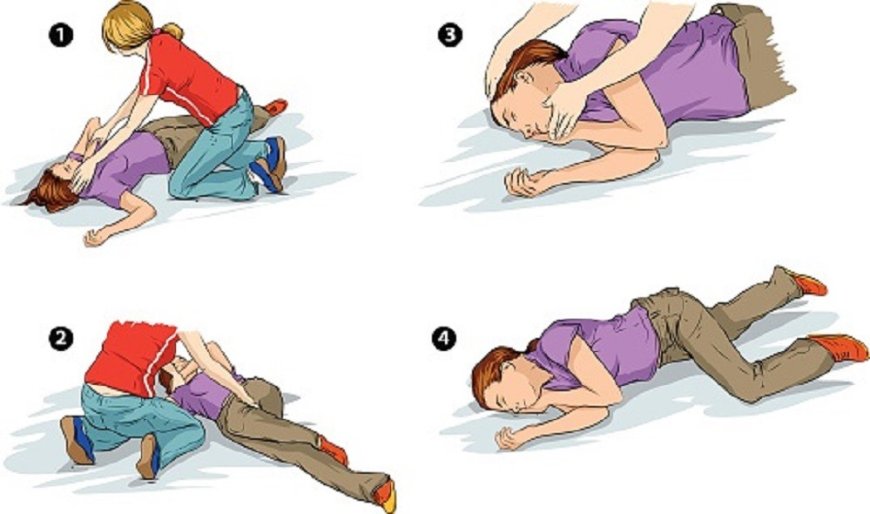How to help someone during a seizure
who has a seizure is one step towards giving them the best care. Although the seizure cannot be stopped, you can help the person passing it

This is a very delicate matter, and knowing what to do when faced with a robbery can save someone's life. Knowing how to help someone who has a seizure is one step towards giving them the best care. Although the seizure cannot be stopped, you can help the person passing it avoid major wounds and injuries.
Epilepsy is a neurological disease that affects the electrical activity of the brain. While there are different types of epilepsy, most are characterized by unpredictable seizures that can have neurological, cognitive, and psychological consequences.
Many things can cause seizures, including lack of sleep or drug abuse. In addition, sports that require fast breathing, such as soccer or basketball, can trigger a seizure.
In some cases, epilepsy resolves when the affected person reaches puberty, but at one time something may arise that can trigger it and cause it to come back.
Studies have confirmed that once epilepsy is diagnosed, first treatment has a 50% chance of seizure control. Second treatment may improve prognosis by 15%. As the disease progresses, the effectiveness of the therapy decreases.
When choosing a treatment, three conditions should be considered: individual patient requirements, pharmaceutical properties of the drug and the experience of the caregiver.
how to help someone who has a seizure
Many people find that when someone has a seizure, they completely lose control. However, a seizure usually causes a generalized tonic-clonic crisis. This crisis affects the cerebral cortex and can cause the patient to scream, fall, or start shaking without realizing it.
On the other hand, focal seizures occur in a specific area of ‹‹the brain and may involve other parts of the cortex. Occasionally, a person may experience epileptic aura, which is a warning sign of an impending seizure.
Must Read: Reading without Understanding: A Disturbing Trend
If you want to know how to help someone who has a seizure, here are some general guidelines to follow:
- Stay with the person during the seizure.
- Keep Calm.
- Put the person on the floor.
- Gently turn her head to the side. This will help her breathe.
- Protect her head so that the person does not hit it.
- Clean the area around the person.
- Place something soft and flat, such as a folded jacket, under the person's head.
- Loosen anything around the neck that may be making it difficult for a person having a seizure.
- You may need to hold the person's jaw carefully and tilt their head back to make it easier for them to breathe.
- Do not put anything in a person's mouth.
- Don't shake or yell at that person.
- Ask all onlookers to step back. A person who has a seizure may feel tired, embarrassed or confused.
- If necessary, call someone who can provide additional help.
When to Seek Professional Help
While some seizures are more dangerous than others, most do not require emergency responders. The most important thing is that the person having an epileptic seizure is safe. Therefore, you should ask for help in the following circumstances:
- This is the first robbery you've ever dealt with.
- The affected person is either diabetic or pregnant.
- More than five minutes have passed since the seizure began.
- The injured person is now unconscious.
- The person was injured during the seizure.
- After a seizure, the patient has difficulty breathing.
- The person has a high fever.
- The seizure occurred in a body of water.
- The affected person had a second seizure.
If you ever find yourself in this situation, now you will know how to help someone who has a seizure. If you are unsure what to do, be sure to seek professional help.
